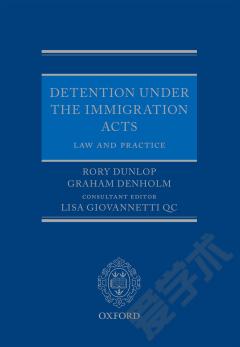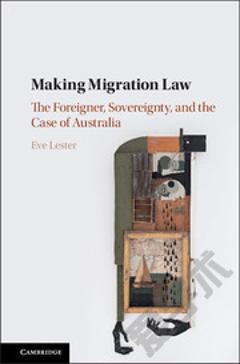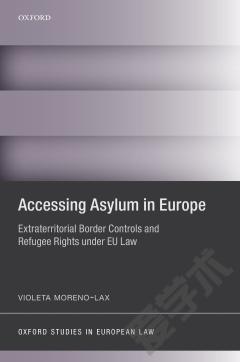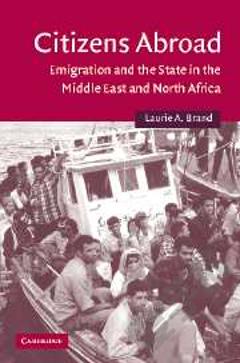Immigrants at the Margins: Law, Race, and Exclusion in Southern Europe
Spain and Italy have recently become countries of large-scale immigration. This provocative book explores immigration law and the immigrant experience in these southern European nations, and exposes the tension between the temporary and contingent legal status of most immigrants, and the government emphasis on integration. This book reveals that while law and the rhetoric of policymakers stress the urgency of integration, not only are they failing in that effort, but law itself plays a role in that failure. In addressing this paradox, the author combines theoretical insights and extensive data from myriad sources collected over more than a decade to demonstrate the connections among immigrants' role as cheap labor - carefully inscribed in law - and their social exclusion, criminalization, and racialization. Extrapolating from this economics of alterite, this book engages more general questions of citizenship, belonging, race and community in this global era.
{{comment.content}}








 京公网安备 11010802027623号
京公网安备 11010802027623号